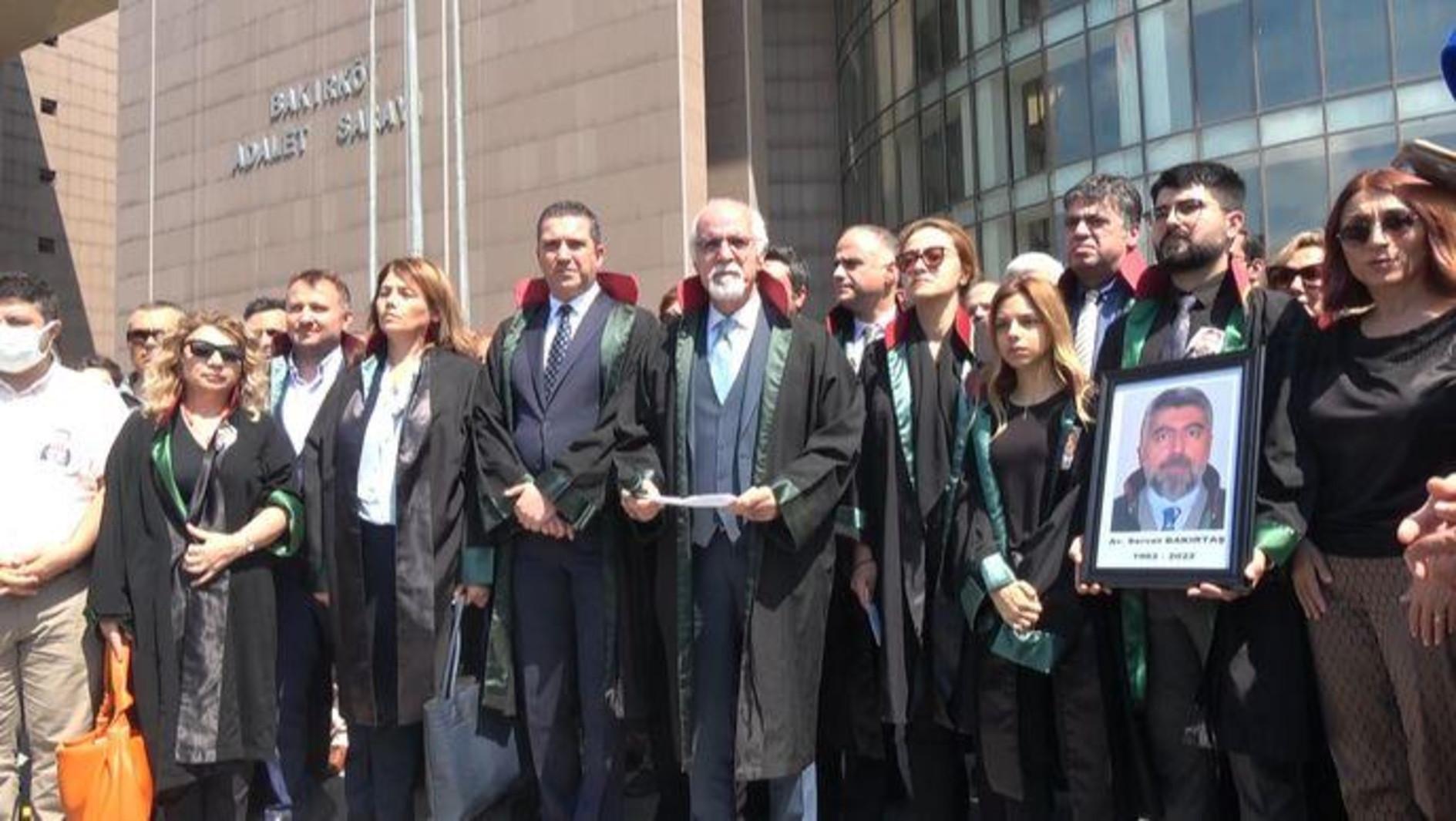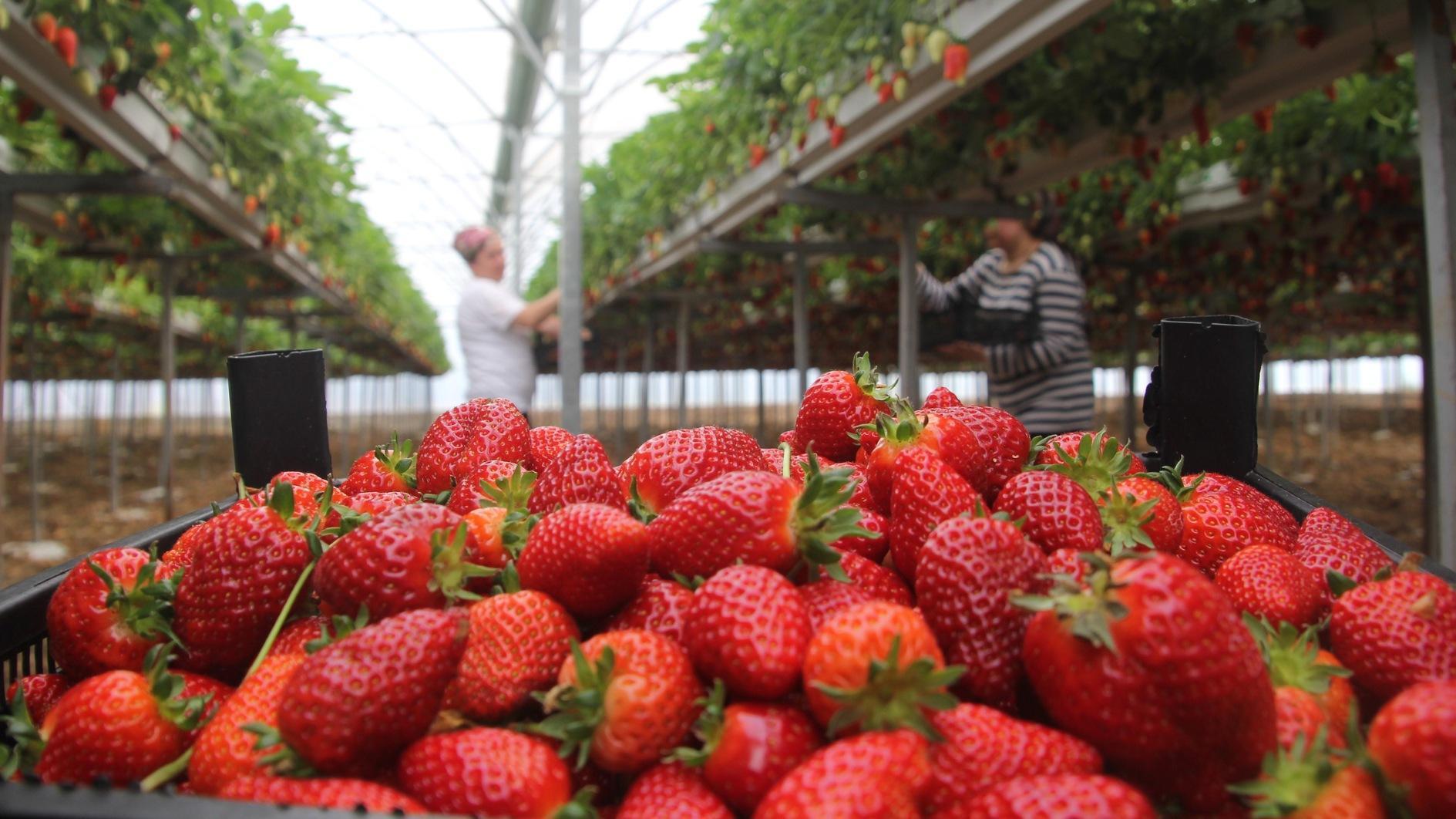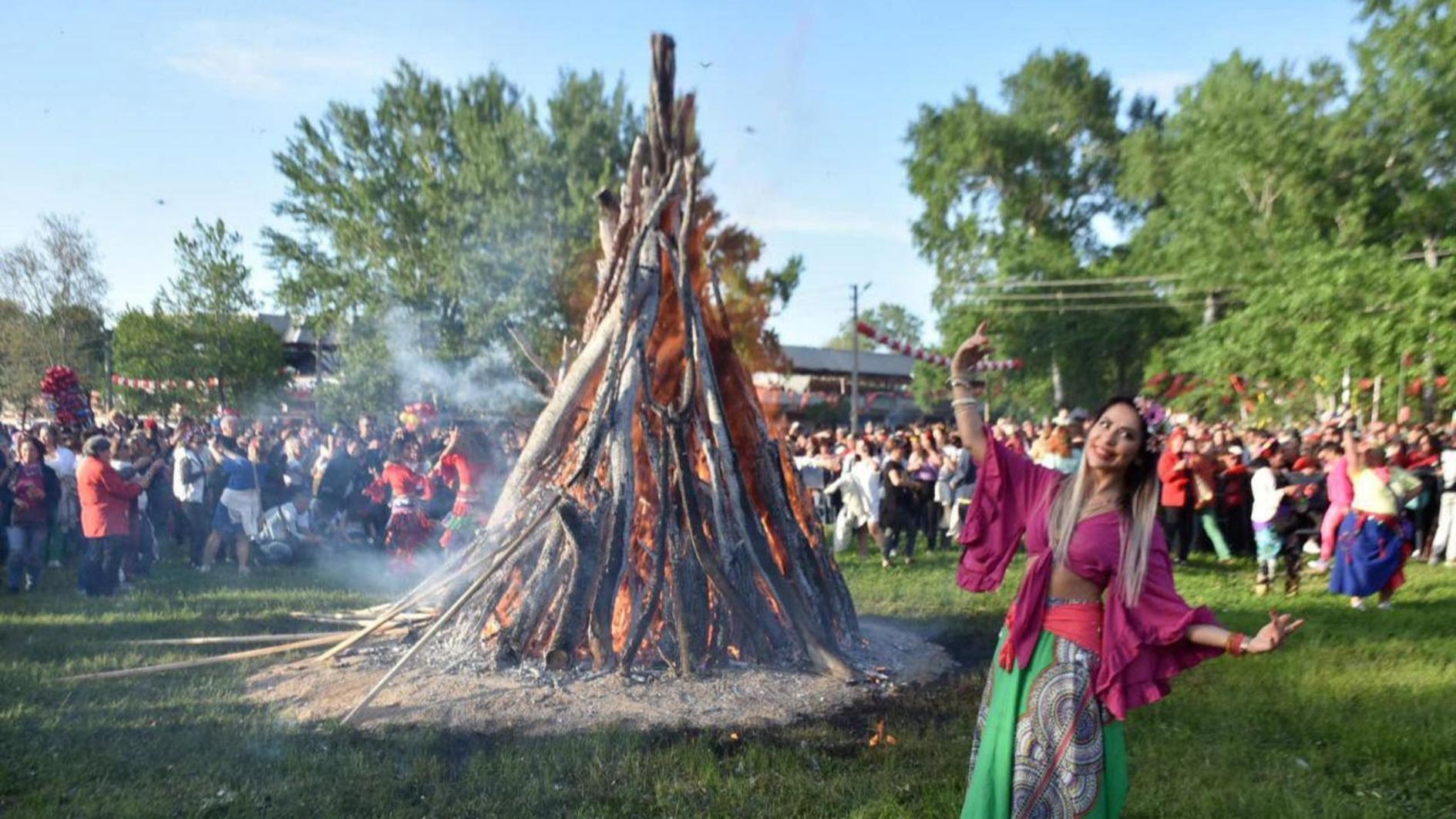Book for sick children needs a sponsor
Nine-year-old Direnç was diagnosed with esophageal atresia (EA) before he was 1 year old; he went through four operations. He has many disadvantages. Not being able to swallow many food items, his body does not grow at its normal pace; he has walking and speaking difficulties.
Even though the operation costs of these kids are covered by the state, the recovery period is very difficult and additional support is needed.
Direnç, for instance, because he was not able to learn how to walk by first crawling, was taught how to walk by directly standing up. For this reason his arm and shoulder muscles did not develop. This caused him difficulty in handling a pen or a pair of scissors. He had special training. Because Direnç’s family is well off, he was sent to a special kindergarten. But if the economic situation of a family is bad, then a child has no school to attend where they can interact with their peers.
Doctors have no idea about what these children go through. They check their muscle system, they say everything is fine. When problems continue, you go for a second time; they send you back. When you go for a third time, you are scolded. The dietitians at hospitals don’t have any idea about how these kids are fed.
The families are not informed properly. Doctors don’t take into account the observations of the parents; they apply standards, but in the end it turns out to be that the parents were right. Whereas, when the diagnosis is made, if they inform the families of probabilities, they would prepare them for what comes ahead.
Direnç’s family went through all this; one day they met a doctor who was trained in the U.K. and learned about associations abroad concerning this illness. Later they met Associate Prof. Tutku Soyer, from Hacettepe University, whose own child was suffering from the disease.
Soyer admitted, “It only occurred to me when my child suffered from the disease. We operate on these children, correct their esophagus. Then we ask whether they can be fed through the mouth. If they are, then we consider the operation successful. We do not follow up. We do not monitor what happens to these children, whether they are comfortable, whether they can eat everything easily or whether they have other problems.” He encouraged them to found an association.
With the technical support of three pediatric surgeons, eight families founded the Esophageal Atresia Child and Family Support Association (TROAD).
Their aim is to support families whose children have been diagnosed and provide them with further information. Even this feeling of solidarity gives strength to families. Also, many of these kids have machines attached to their bodies. The association informs the families about the usage and maintenance of these machines. They have prepared a guide book on this.
The biggest problem for these kids is eating. A dietitian has prepared a book on how the nutritional phases of these kids should be. They are having difficulty finding a sponsor to print this book. They have contacted many food companies. Let us make a call to food companies here. This sponsorship may be a small detail in their budgets but it can make huge differences in the lives of many children and their families.











